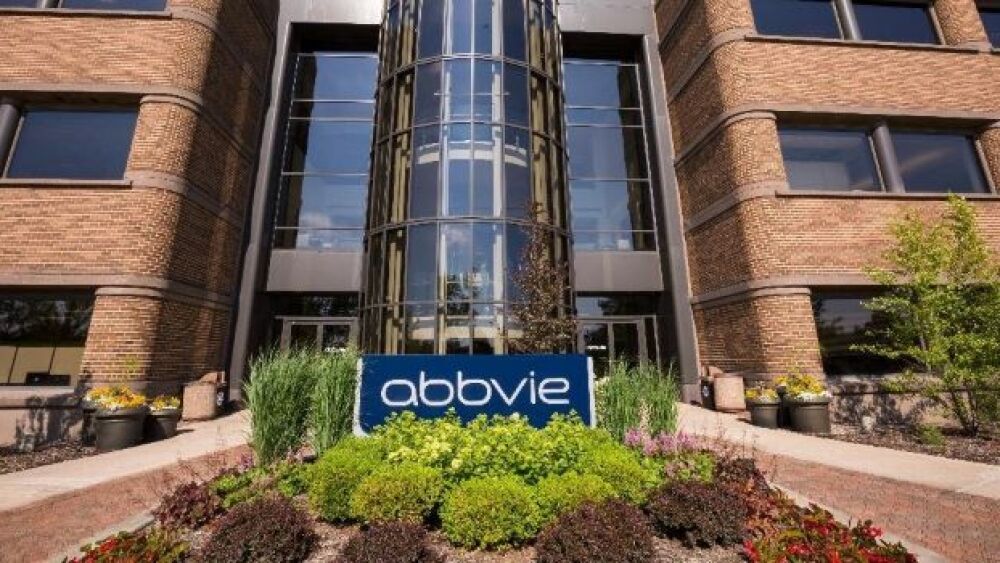AbbVie and Johnson & Johnson will withdraw the accelerated approvals for Imbruvica in mantle cell lymphoma and marginal zone lymphoma, the companies announced Thursday.
Pictured: AbbVie Headquarters/Courtesy photo
AbbVie and Johnson & Johnson will withdraw the accelerated approvals for Imbruvica (ibrutinib) in mantle cell lymphoma (MCL) and marginal zone lymphoma (MZL), the companies announced Thursday.
The voluntary withdrawals follow disappointing results from Phase III confirmatory studies, which the FDA deemed insufficient to support full approval for Imbruvica in these indications. Imbruvica’s other indications will not be affected.
Developed and commercialized by J&J’s Janssen and AbbVie’s Pharmacyclics, Imbruvica won accelerated approval for MCL in November 2013. To keep it on the market, the companies ran the Phase III SHINE trial, a randomized, double-blinded, placebo-controlled confirmatory trial that enrolled 523 participants with newly diagnosed diseases.
In June 2022, the pharma partners released preliminary results from SHINE, showing that the once-daily oral Imbruvica, in combination with bendamustine-rituximab and rituximab maintenance, significantly improved progression-free survival (PFS) in MCL patients.
However, the investigational regimen was not significantly better than the placebo regarding overall survival and complete response.
The companies couldn’t validate the efficacy of Imbruvica in MZL, for which it earned accelerated approval in January 2017.
In the confirmatory Phase III SELENE trial, a randomized, double-blinded and placebo-controlled study, Imbruvica fell short of its primary endpoint of PFS in patients with relapsed or refractory MZL, according to a press release from J&J.
Efficacy data from these two studies was insufficient to push the FDA to convert Imbruvica’s accelerated approval to full approval in these indications.
Imbruvica is a BTK inhibitor that suppresses the hyperactive proliferation of B cells in blood cancers. The drug will remain approved for chronic lymphocytic leukemia (CLL), Waldenström’s Macroglobulinemia, small lymphocytic lymphoma and chronic graft-versus-host disease.
Opening the Doors for Competitors
A date has yet to be set for the withdrawal of Imbruvica in MCL and MZL, but once that happens, BeiGene’s Brukinsa (zanubrutinib) will become the only BTK inhibitor available in the U.S. for MZL, for which it won accelerated approval in September 2021.
In December 2022, results from the Phase III ALPINE study showed BeiGene’s bet reduced the risk of disease progression or death by 35% relative to Imbruvica.
After two years of follow-up, PFS was 78.4% in Brukinsa-treated patients, as opposed to 65.9% in Imbruvica comparators. In January 2023, the FDA approved Brukinsa for CLL.
As for MCL, AstraZeneca and Eli Lilly are looking to fill the void that Imbruvica will leave. The former’s Calquence (acalabrutinib) was approved in October 2017 for patients with at least one prior line of therapy. Meanwhile, the latter’s Jaypirca (pirtobrutinib) became the first approved reversible BTK inhibitor in January 2023 when it won the FDA’s nod for late-line treatment. Brukinsa is also approved for MCL.






